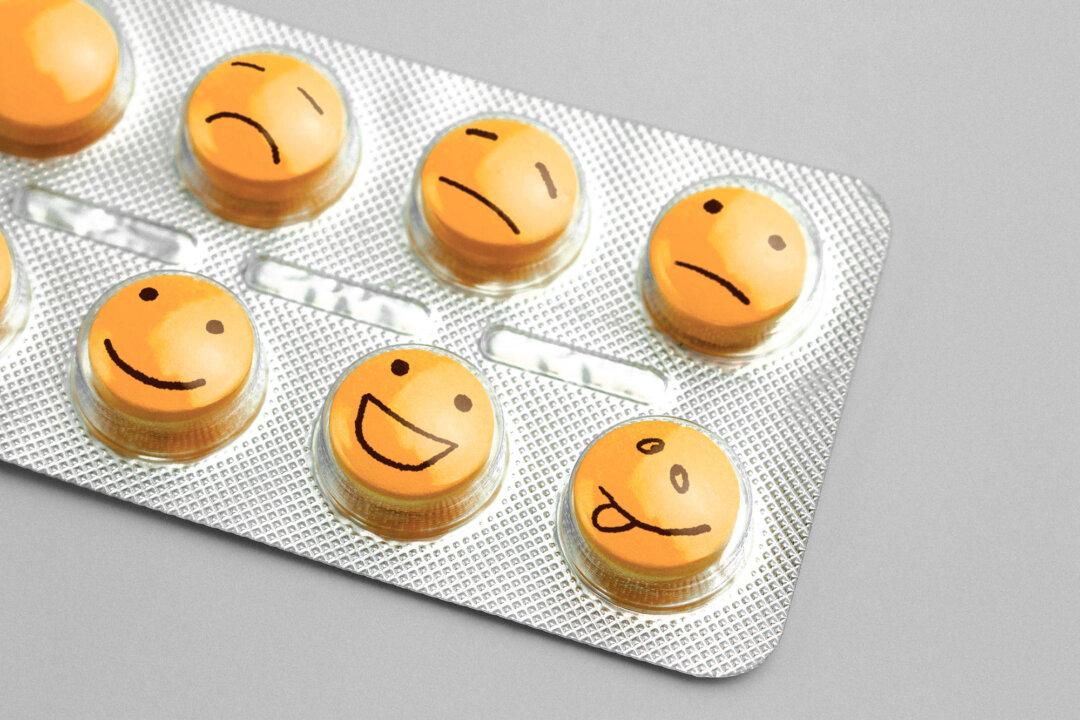A new study has found a critical challenge in mental health treatment: 48 percent of depression patients do not respond to multiple antidepressant medications.
This phenomenon, known as treatment-resistant depression (TRD), is generally defined as depression that remains after a patient has tried two different types of antidepressant medication. Currently, there are limited guidelines available for managing TRD.
The Scale of the Problem
The research, from the University of Birmingham and Birmingham and Solihull Mental Health NHS Foundation Trust, provides a look into the limitations of current depression treatments.The researchers conducted interviews with patients who experience TRD. Many participants expressed a “sense of hopelessness” due to not responding to treatments and felt frustrated at what they perceived as a “one size fits all” approach, with antidepressants being the main treatment for depression care. It is currently unclear why some patients are not responsive to antidepressants.
TRD patients are also at a greater risk of having other health conditions, with a 35 percent higher likelihood of having a personality disorder. Furthermore, they face a heightened risk of cardiovascular disease, showing a 46 percent increase compared to those without TRD.
The study also highlighted an increased likelihood of experiencing anxiety and engaging in self-harm among people with depression that has not responded to standard treatments.
“This study is important as the data demonstrates people with TRD are at a higher risk of a range of poorer outcomes, and that we need better defined care pathways for helping this population, and are in urgent need of developing and testing new treatments for this group,” Steven Marwaha, a consultant psychiatrist and study co-author, stated.
The finding that nearly half of patients with major depressive disorder do not respond to multiple antidepressant treatments has two significant implications, Sanam Hafeez, a New York-based neuropsychologist and director of Comprehend the Mind, told The Epoch Times.
The study underscores the need for more personalized treatment approaches as well as a need for better diagnostic tools to identify patients at risk for treatment-resistant depression early in the process, Hafeez noted.
Beyond Pharmaceuticals
Nonpharmaceutical treatments with psychotherapy have become “essential” in the management of TRD cases where medication proves ineffective, according to Hafeez.“Cognitive-behavioral therapy assists patients by teaching them to handle negative thoughts and build coping strategies that provide relief when medications prove ineffective,” she said. “Interpersonal therapy and mindfulness-based interventions offer emotional support along with stress management tools for patients.”
The presence of anxiety and self-harm in patients with treatment-resistant depression complicates treatment in several ways, Hafeez said. She also pointed out that anxiety can exacerbate depressive symptoms, making it harder to achieve symptom relief using standard antidepressant treatments.
Treatment-resistant depression often co-occurs with anxiety, and when these two conditions intersect, the therapeutic approach becomes more nuanced. The combination of both conditions may require more complex, tailored treatment plans, as medications for depression might not fully address symptoms of anxiety.
“Anxiety can also lead to heightened emotional distress and increased difficulty in engaging with psychotherapy, potentially making it harder for patients to benefit from therapeutic interventions,” Hafeez noted.
“Similarly, self-harm behaviors complicate the clinical picture by increasing the risk of physical injury and creating additional psychological burdens for patients and clinicians,” she added. “These co-morbid conditions may also affect a patient’s willingness to engage with treatment, as the distress from both anxiety and depression can result in treatment non-compliance or withdrawal.”
According to Hafeez, this means that managing TRD with co-occurring anxiety and self-harm will often require a multi-disciplinary approach that combines medication, psychotherapy, and careful monitoring for safety and well-being.







